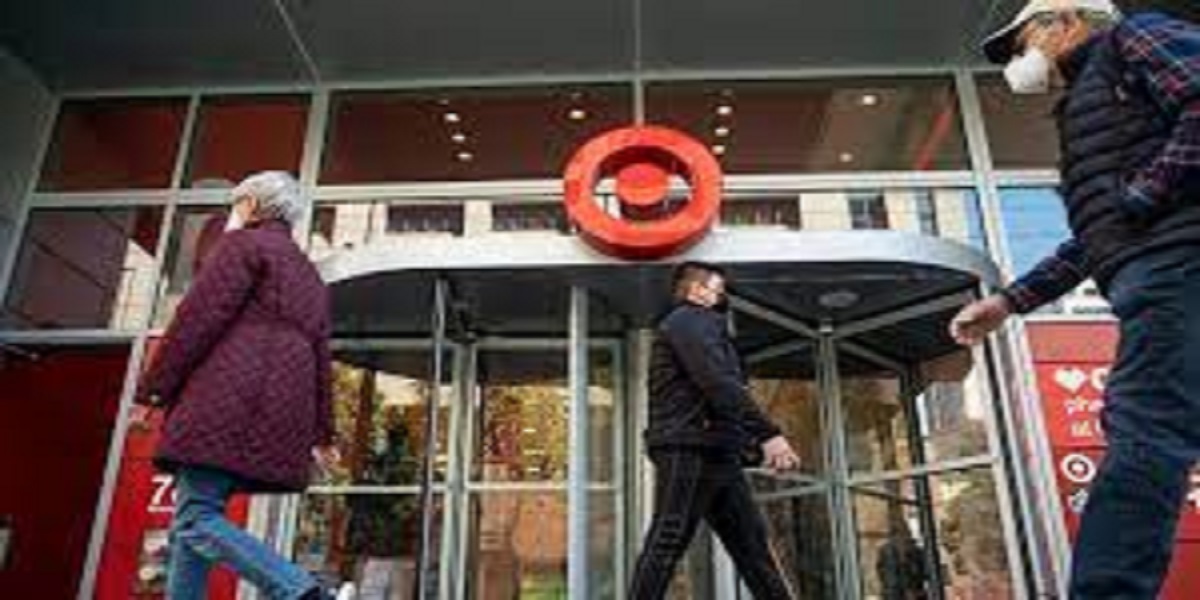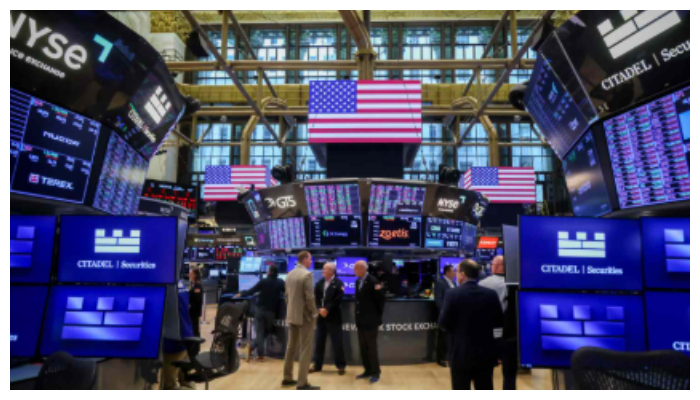Focus on Wednesday announced quarterly profit that missed the mark concerning Wall Street’s assumptions, as the retailer adapted to expensive cargo costs, higher markdowns and lower-than-anticipated deals of optional things from TVs to bikes.
The organization’s portions fell almost 25% and hit a 52-week low. Its market cap, which remained at $99.82 billion after the nearby Tuesday, tumbled to about $75 billion Wednesday.
This is the very thing that Target detailed for the monetary first quarter finished April 30, contrasted and Refinitiv agreement gauges:
Profit per share: $2.19 changed versus $3.07 anticipated
Income: $25.17 billion versus $24.49 billion anticipated
The public retailer, known for its modest stylish brands of clothing, home stylistic theme and that’s just the beginning, lapped a particularly raised deals period.
A year prior, customers had additional dollars in their pockets from upgrade checks and mirrored a feeling of positive thinking with their buys as they got their most memorable Covid-19 antibodies.
Deals became contrasted and that year-prior period. Similar deals, a key metric that tracks deals at stores open somewhere around 13 months and on the web, developed 3.3% in the main quarter.
That is on top of a 23% increment in similar deals in the year-prior quarter and it is higher than Wall Street’s projections for 0.8%, as indicated by StreetAccount gauges.
At Target’s stores and its site, traffic rose 3.9%.
All things considered, CEO Brian Cornell said the organization came up short as its benefits were “joined by bizarrely significant expenses.”
“While we saw solid top-line development in the quarter, we were less productive than we expected to be or mean to be over the long run,” he said on a call with columnists.
Among the difficulties, Target said benefits got hit by stock that showed up sooner than expected and past the point of no return, pay and head count that rose at circulation focuses, and a blend of product deals that appeared to be unique than previously.
Target’s outcomes reflected Walmart’s quarterly income execution. Walmart detailed Tuesday that it additionally missed on income, likewise refering to higher stock and various expense pressures. Walmart’s portions fell over 11% on Tuesday, and declined another 7% Wednesday, contacting a 52-week low.
Target repeated its income figure, which calls for mid single-digit development this year and then some. It didn’t give an income for every offer gauge.
The organization’s total compensation in the quarter tumbled to $1.01 billion, or $2.16 per share, from $2.1 billion, or $4.17 per share, a year sooner. Barring things, Target acquired $2.19 per share, 88 pennies shy of the $3.07 expected by examiners overviewed by Refinitiv.
Those changed profit per share dropped strongly – down almost 41% from the year-prior period.
Complete income rose to $25.17 billion from $24.20 billion a year prior, over examiners’ assumptions for $24.49 billion.
While Target and Walmart both missed benefit assumptions by significant spaces, they veered in depictions of the American purchaser.
Walmart Chief Financial Officer Brett Biggs let CNBC know that the enormous box retailer has seen some spending plan lashed clients exchange down to the store brand for shop meats and purchase a half gallon of milk instead of an entire one. Some others, he said, are searching out new gaming control center and porch sets.
Target CEO Cornell, in the interim, said on a media call that the organization is seeing a sound purchaser, yet one who is living – and spending – contrastingly while continuing a few pre-pandemic propensities.
For example, Cornell said toy deals were a champion in the main quarter and developed by the high single digits as families continued greater youngsters’ birthday celebrations. Gear deals were up over half, he said.
Then again, deals of things like TVs, kitchen machines and bikes dropped off as shoppers moved their spending toward experience-based buys like booking excursions and purchasing present cards for cafés, he said.
Cornell, nonetheless, cautioned that cost pressures “will persevere in the close to term,” focusing on that some are outside of the organization’s reach. One of those elements is the cost of gas, which hit a public normal of $4.523 per gallon on Tuesday, as indicated by AAA.
In any case, he said, it will keep on putting resources into the business, open new stores and said Target’s brilliant, long haul direction continues as before.
With expansion at an almost four-decade high, Chief Financial Officer Michael Fiddelke said on a call with correspondents that Target will zero in on offering esteem, regardless of whether that implies engrossing a few expenses. He said raising costs “keeps on being the last switch we pull.”
“We’ve procured such a lot of trust throughout recent years with speculations we’ve made in cost and we aren’t going to exchange that out in the ongoing climate,” he said.





















